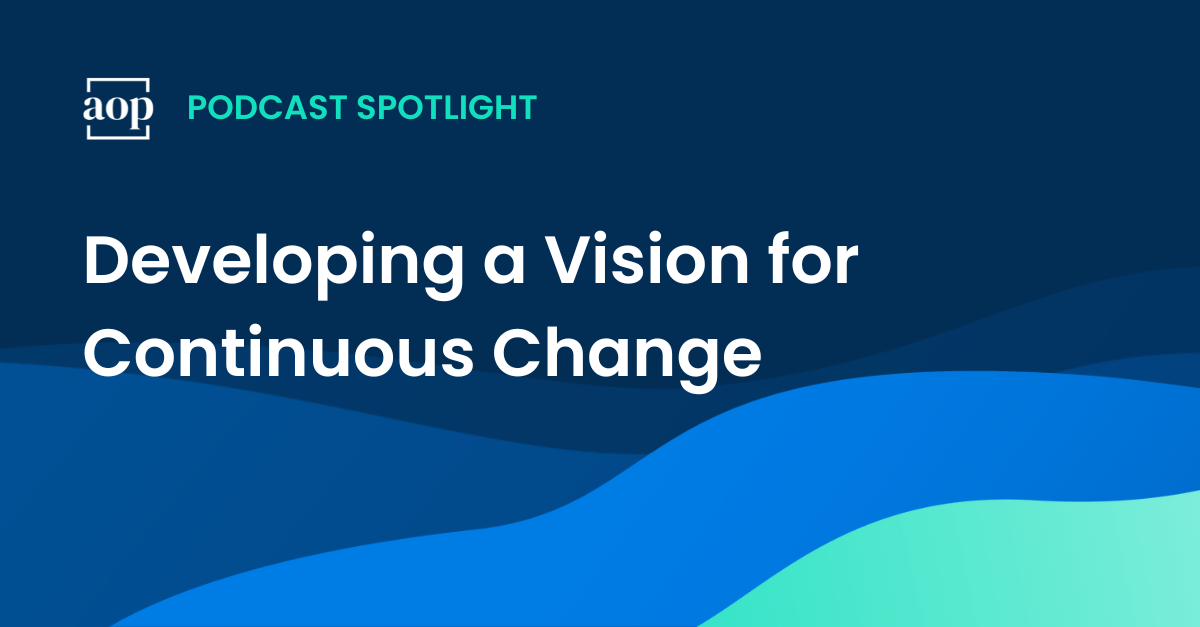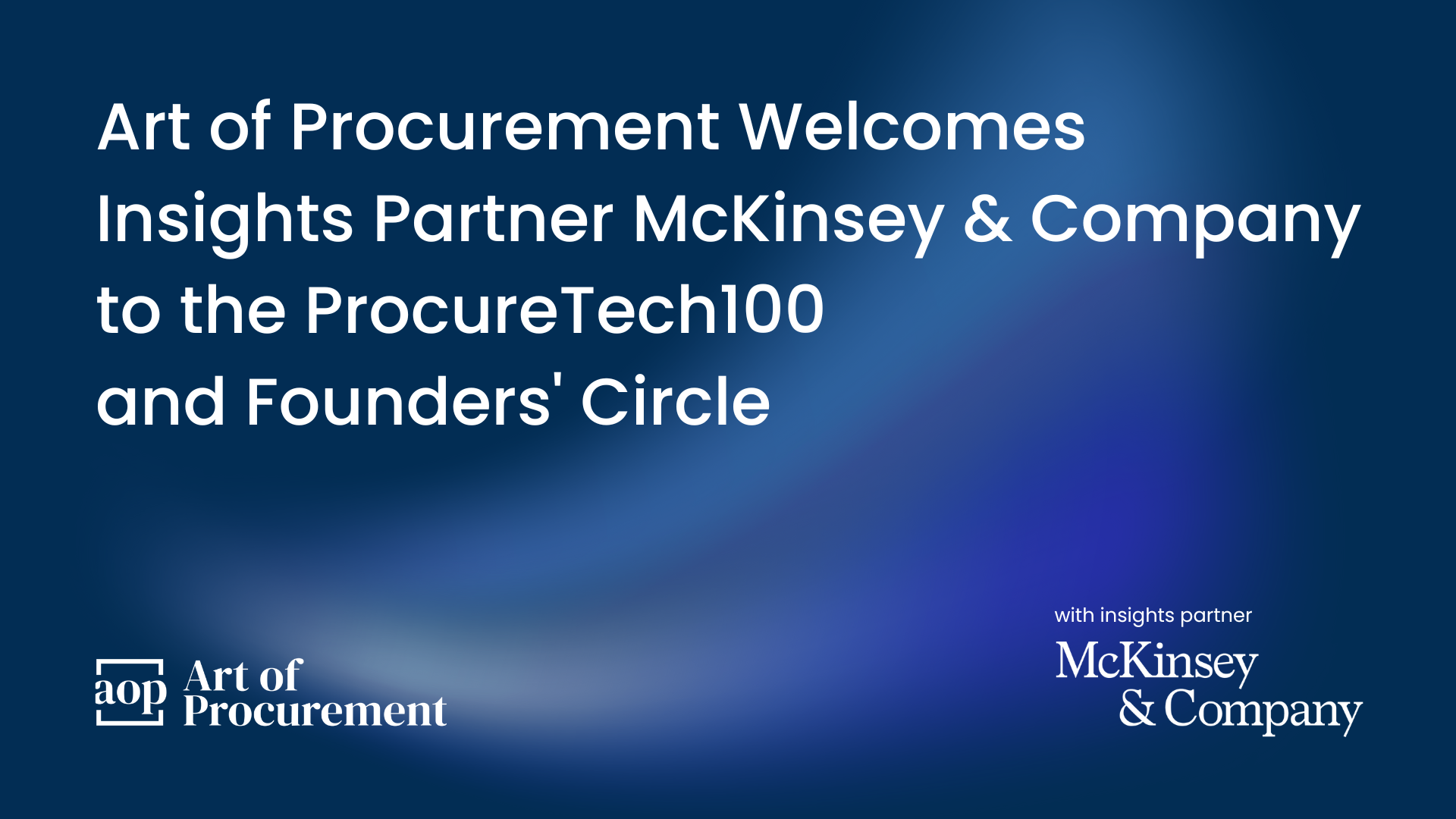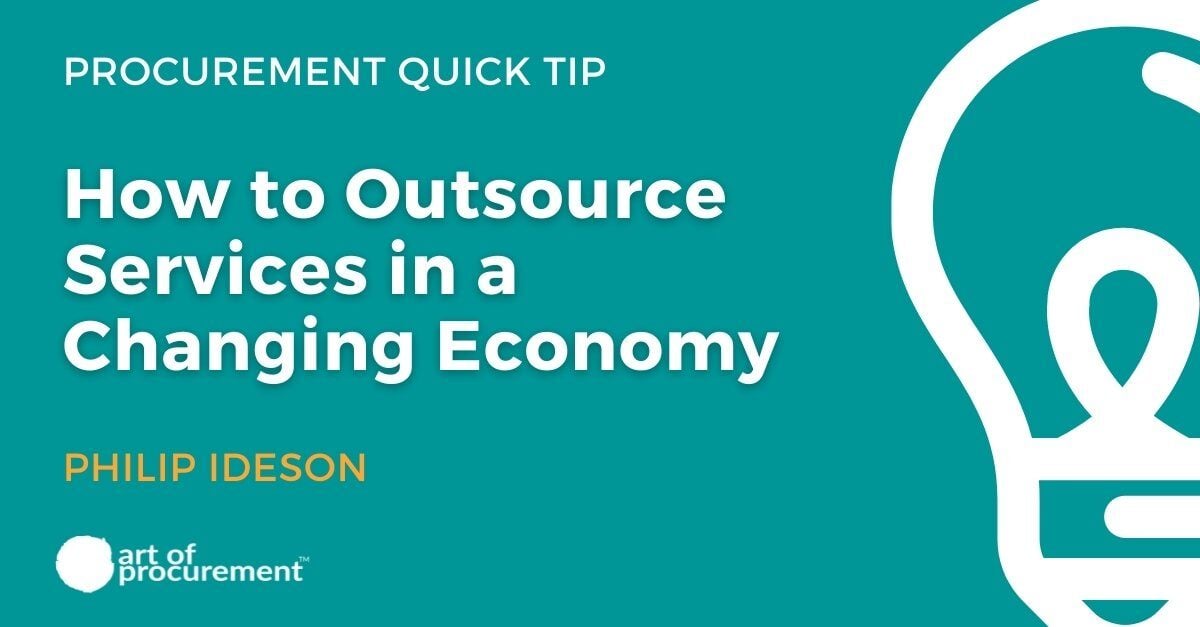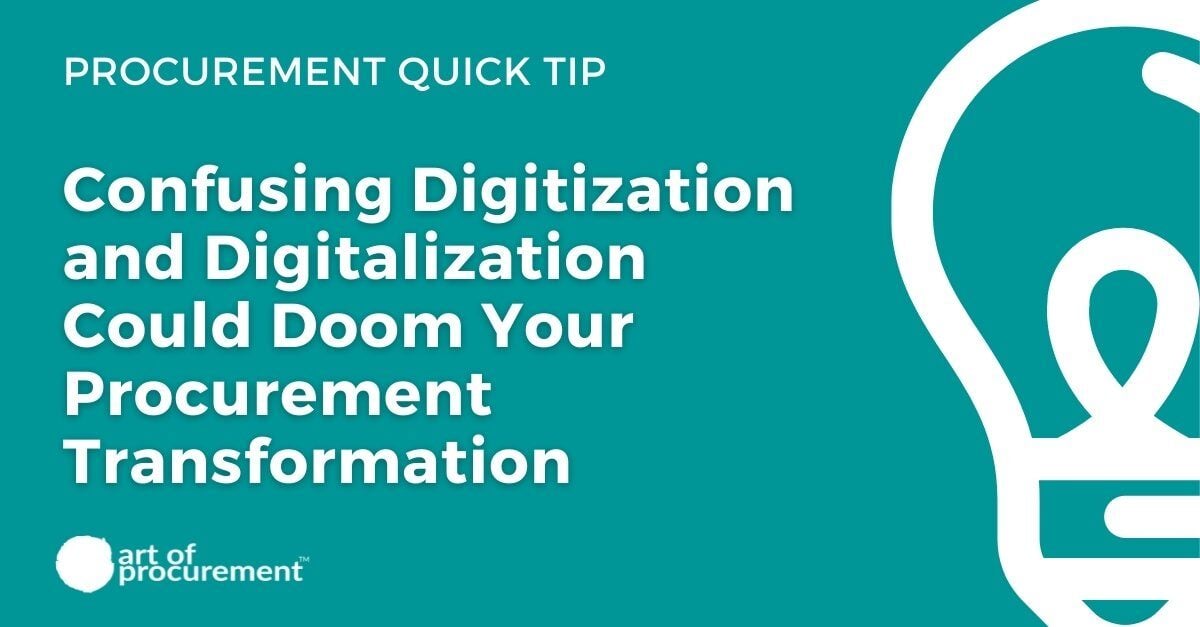
Strategy and tactics.
Vision and execution.
Procurement organizations have to excel on multiple levels at the same time if they want to 10X their impact.
It is one thing to talk about strategy and vision, but data has a way of pulling procurement back to tactics and execution. Data is absolutely critical for informing recommendations and capturing at least part of procurement’s impact, but it can’t be allowed to distract the team from the big picture.
In a recent podcast interview, I spoke with Fadi El Mouallem, a global procurement executive and digital transformation advocate who has worked at companies like Salesforce and Apple. Interestingly, his background is in architecture, a field that requires an equal measure of creative thinking and technical precision. That experience has shaped how he approaches procurement leadership.
Here are some of my key takeaways from our conversation – you can listen to the entire episode here: Architecting and Enabling Amazing Procurement Teams w/ Fadi El Mouallem.
Balancing Structural and Conceptual Thinking
In architectural design, it is important to be able to imagine something long before it exists physically. Visualizing outcomes may not be a skill that comes to us all naturally, but we can train our brains to think this way.
Having a clear strategic outlook keeps everyone focused on the desired end state. That way, when it is time to zoom in on the details, procurement does not lose their way. Our tactics have to remain connected to our strategies at all times.
In some cases, the business will approach procurement with requirements – requirements that sound more execution-driven than visionary. That does not have to confine procurement to a tactical role. It is up to procurement to elevate those requirements to the strategic level, ensuring that they are aligned with the overall vision.
Procurement is excellent ‘in the trenches,’ but it can be challenging to keep the big picture in view. Fadi’s advice is to take a step back, understand what is right, and stay on the journey.
Drawing a line between being helpful and staying focused on the goal is one of the hardest things any of us ever has to do. We genuinely want to be helpful, going the extra mile as a way of demonstrating value and partnership. At the same time, procurement has a mandate of their own – a strategic defined role that they need to stay committed to, even if that means sometimes saying no.
Driving Continuous Change
Whether the priority is category expertise, soft skills, or technical skills, procurement’s capabilities are always at the top of the CPO’s priority list. But what about the ability to learn as a skill?
Fadi pointed out that if people are passionate, if they are curious, and if they like to build relationships, that is often enough to be successful. If one of procurement’s key skills is learning, that may also improve their ability to lead change in procurement and beyond.
Transformation is a continuous process. A compelling vision can inspire people, but it takes trust to make it happen – and it takes strong communications skills to make it happen at scale.
The vision often comes from the top. The C-suite says, ‘This is the direction we are going in.’ Then functional leaders have to translate that message into priorities and strategies for their team. They have to be able to explain what the vision means for the team, what success looks like, and how they are going to make the journey together. That kind of definition reinforces the vision and makes it more actionable.
Building and Repairing Relationships
We often talk about the importance of positioning procurement as a trusted advisor. Sometimes this requires procurement to build new relationships and other times it means repairing broken ones. This is especially important in a constantly changing environment, where trust is key.
According to Fadi, procurement can start by listening. Study their pain points and learn from their frustrations. Above all, avoid getting defensive.
Stakeholders have their own areas of focus. Procurement can learn more about how the business works while becoming a trusted partner by helping them solve their problems. When stakeholders are determined to move fast, procurement can work alongside them to reduce risk and point out opportunities to think bigger.
It is also important for procurement to speak the language of the business. Listen to what they are saying and embrace their terminology. Procurement can’t enable the business if they aren’t communicating effectively in both directions.
Fadi and I wrapped up our conversation with him sharing his vision for the future of procurement. You’ll have to listen to the podcast to hear exactly what he had to say, but as you might expect it involves automation, more tailored processes, and new ways procurement can contribute to competitive advantage.




